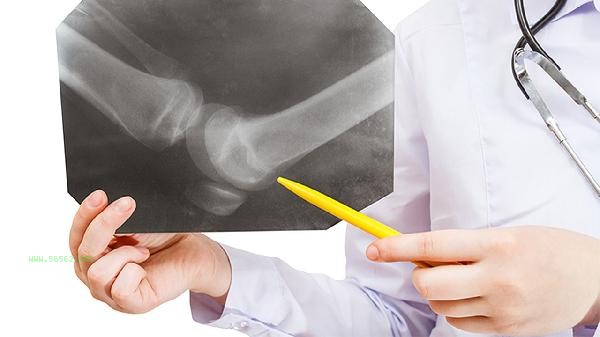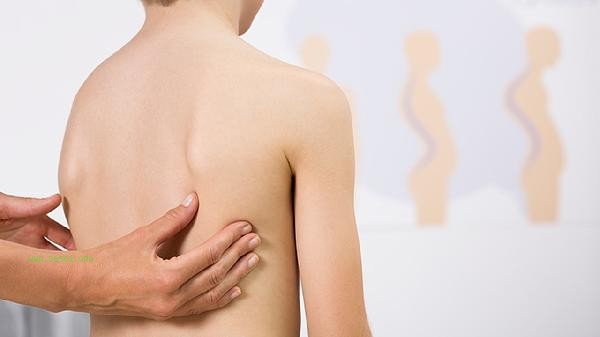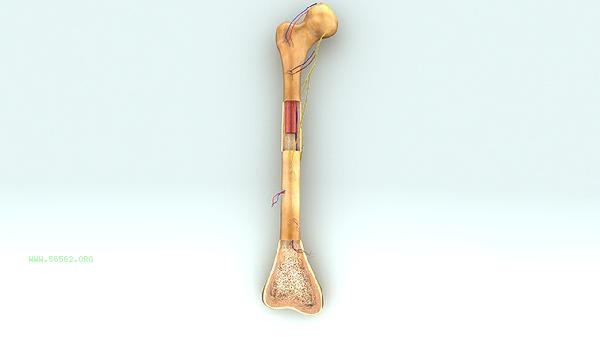In middle age, bones do not naturally become heavier, but there may be changes in bone density or bone hyperplasia leading to weight gain. Middle aged bone health problems mainly include osteoporosis, bone hyperplasia, joint degeneration, calcium loss, and decreased hormone levels.

1. Osteoporosis
Osteoporosis is a common bone problem in middle-aged people, caused by a decrease in bone mass leading to brittle bones. The decrease in estrogen levels in postmenopausal women can accelerate bone loss, while the decrease in testosterone levels in men can also affect bone density. Daily intake of calcium rich foods such as milk, soy products, dark green vegetables, etc. should be increased, and moderate weight-bearing exercise should be combined to stimulate bone formation.
2. Osteogenesis
Osteogenesis may cause local bone volume increase, but it is a pathological change rather than natural weight gain. Long term joint wear or poor posture can stimulate the formation of osteophyte, commonly found in the cervical, lumbar, and knee joints. Maintaining the correct posture and controlling weight can reduce joint load, while low impact exercises such as swimming can help delay the process of proliferation.
3. Joint degeneration
Joint cartilage wear can lead to compensatory bone sclerosis, which may increase the density of joint areas. After middle age, joint synovial fluid secretion decreases and cartilage repair ability decreases. It is necessary to pay attention to supplementing glucosamine and chondroitin sulfate. Avoid activities that increase joint burden, such as long-term mountain climbing and stair climbing. It is recommended to choose exercise methods such as cycling and elliptical machines.

4. Calcium loss
After the age of 35, the body's calcium absorption rate decreases year by year, and if not replenished in time, it can lead to bone calcium loss. Vitamin D deficiency can affect the absorption and utilization of calcium in the intestine. It is recommended to expose to 15-20 minutes of sunlight daily. A high salt diet, excessive caffeine, and carbonated drinks can accelerate calcium excretion, and intake should be controlled.
5. Decreased hormone levels
Decreased growth hormone and sex hormone levels can decrease osteoblast activity. Women may lose 2-3% of their bone mass annually during menopause, and a decrease in testosterone levels in men after the age of 50 can also affect bone metabolism. If necessary, hormone level testing can be conducted under the guidance of a doctor, but self supplementation of hormone drugs is not allowed.

Middle aged individuals should undergo bone density testing annually, and ensure a daily intake of 800-1000 milligrams of calcium in their diet, combined with vitamin D3 to promote absorption. It is recommended to engage in weight-bearing exercises such as brisk walking and Tai Chi, 3-5 times a week for at least 30 minutes each time. Avoid smoking and alcohol abuse, control caffeine intake, and pay attention to preventing falls. When experiencing persistent bone pain, reduced height, or worsening hunchback, timely medical attention should be sought. Under the guidance of a doctor, anti osteoporosis drugs such as alendronate sodium and zoledronic acid should be used. Blindly supplementing calcium is not recommended.




Comments (0)
Leave a Comment
No comments yet
Be the first to share your thoughts!